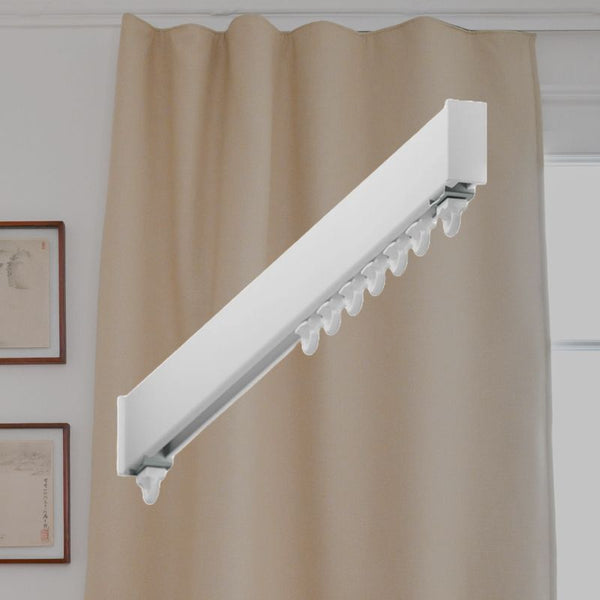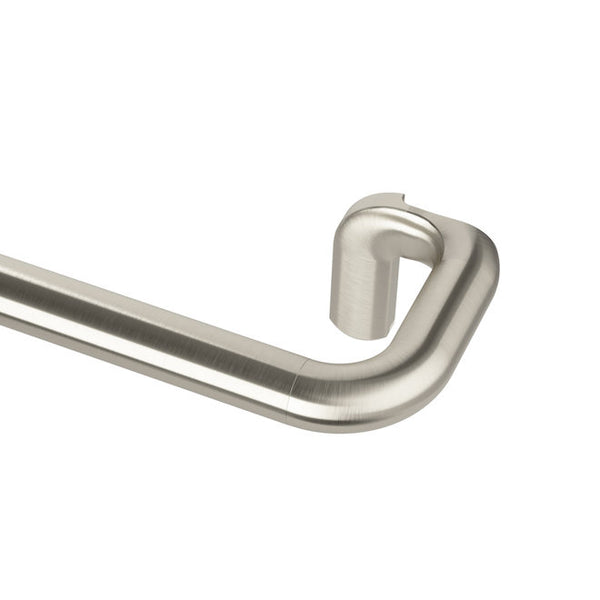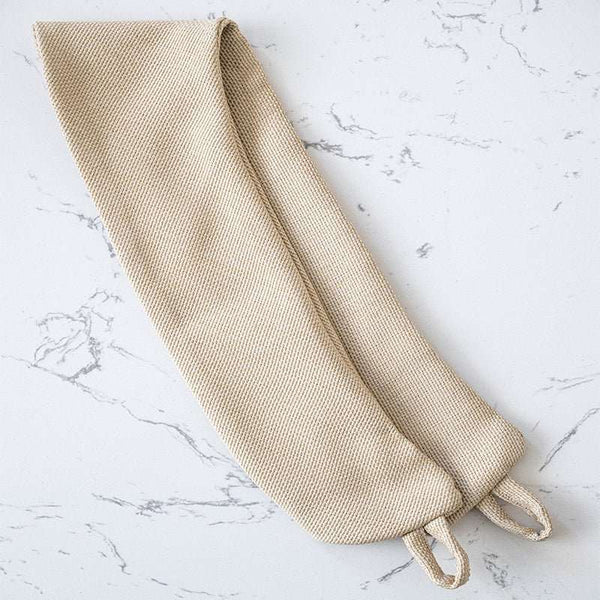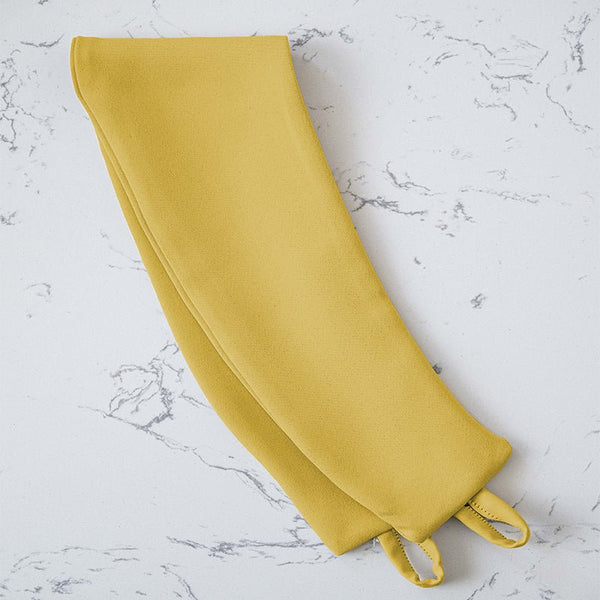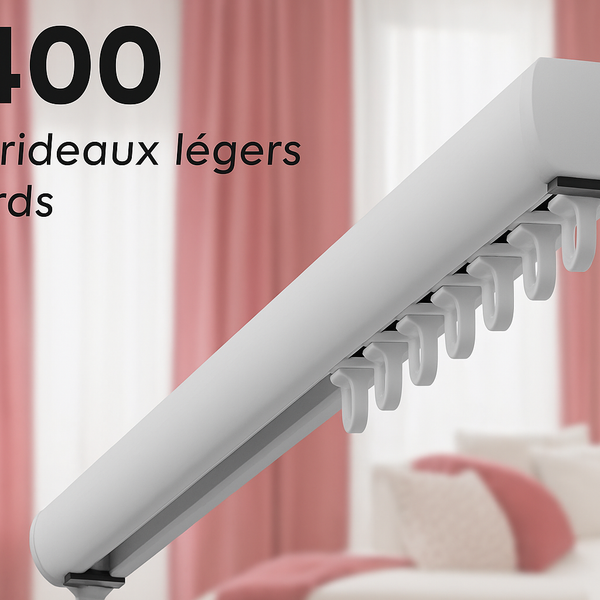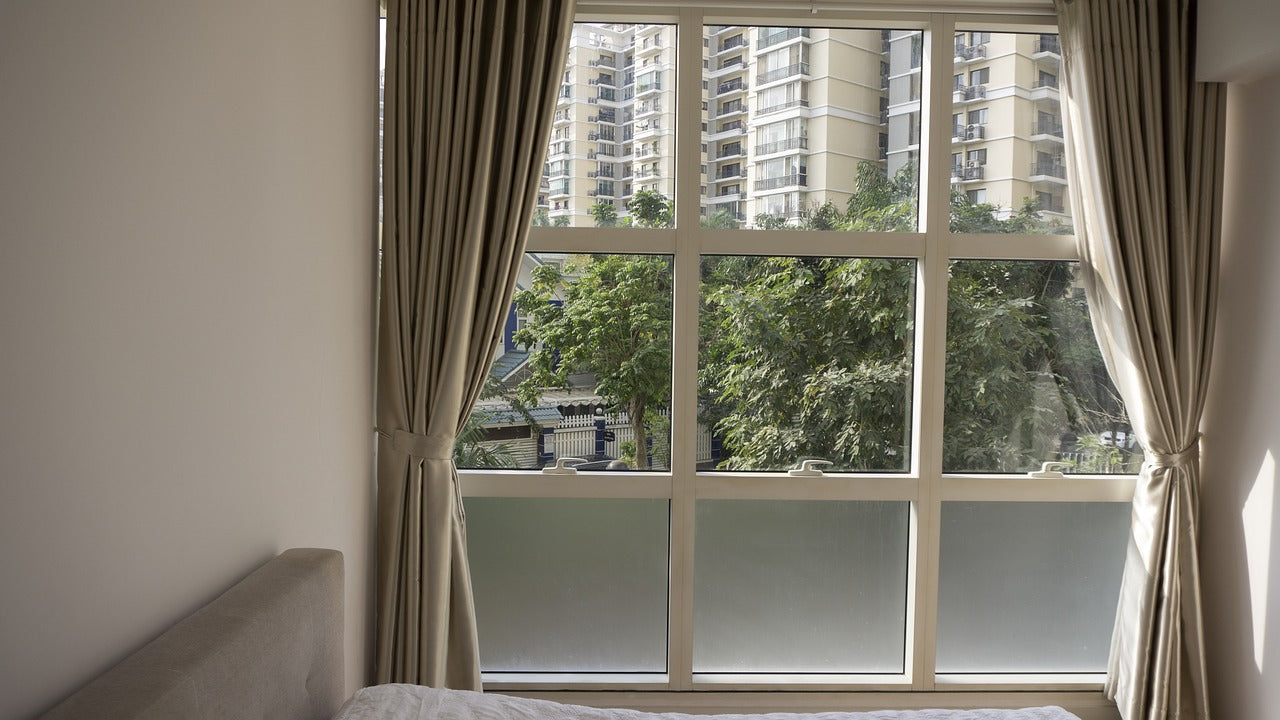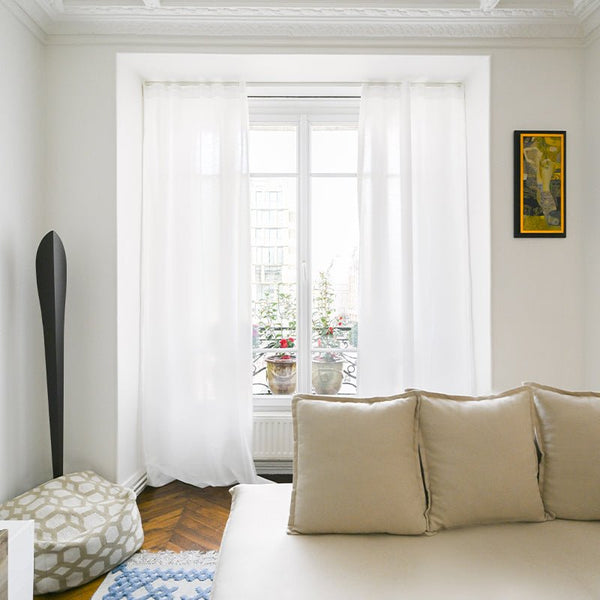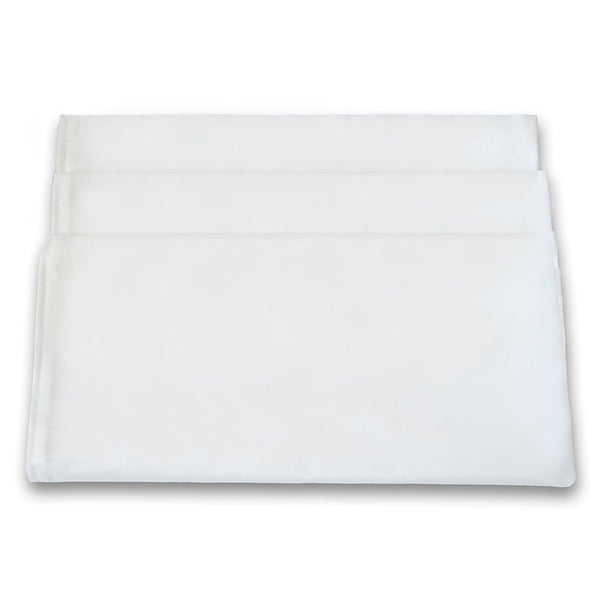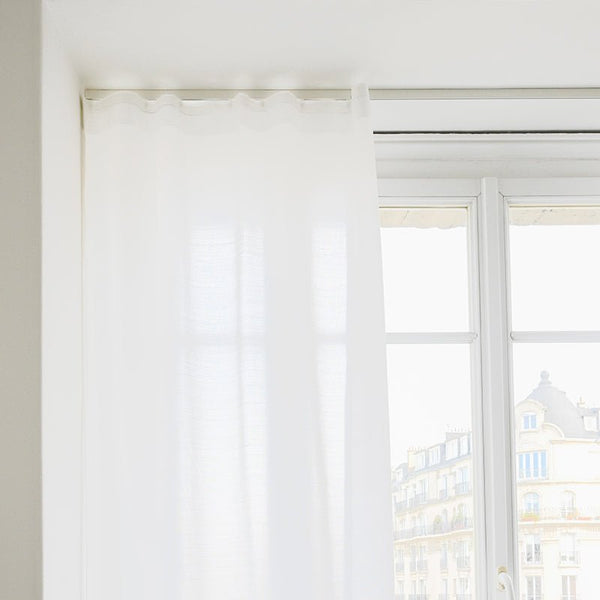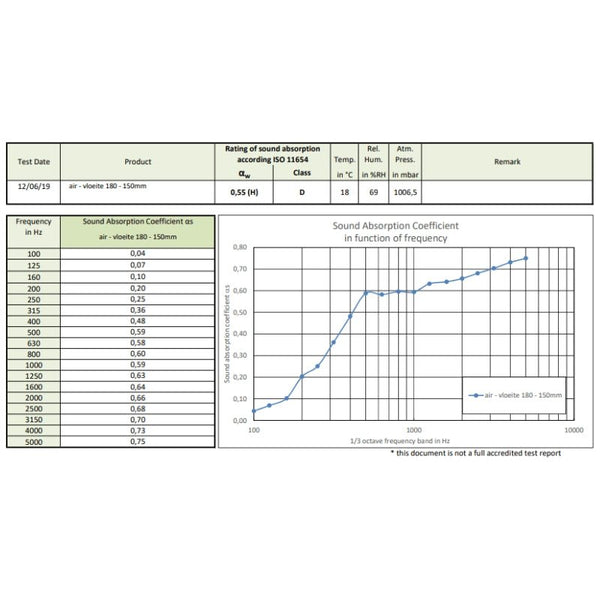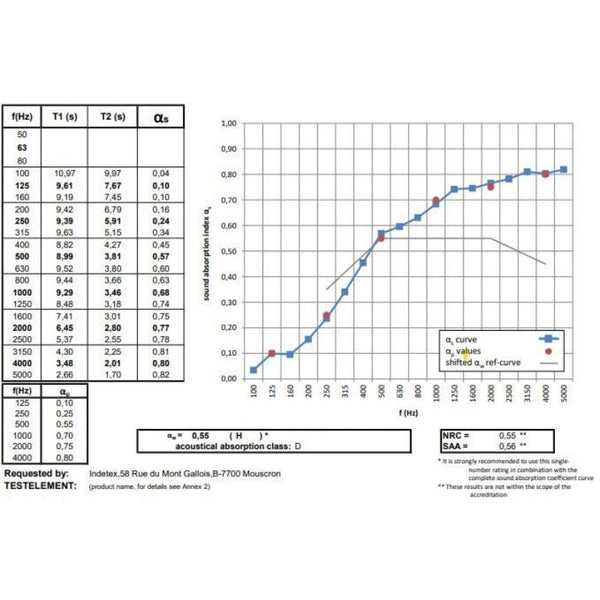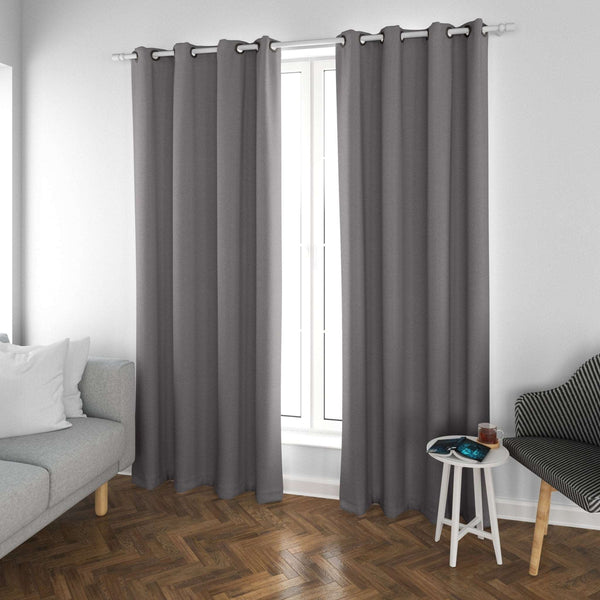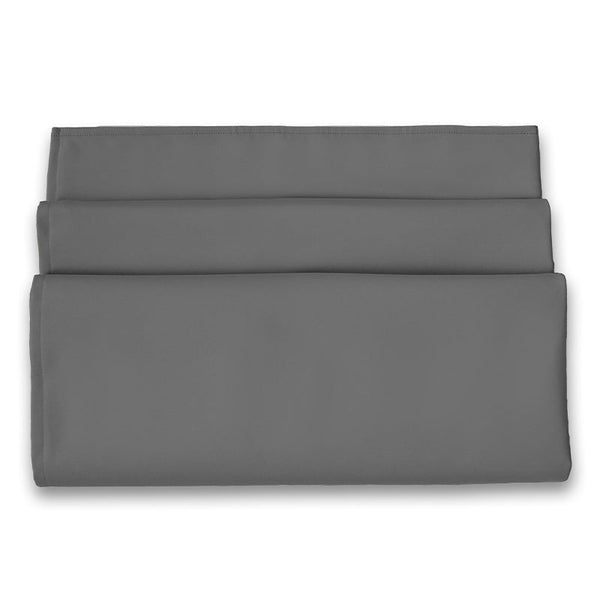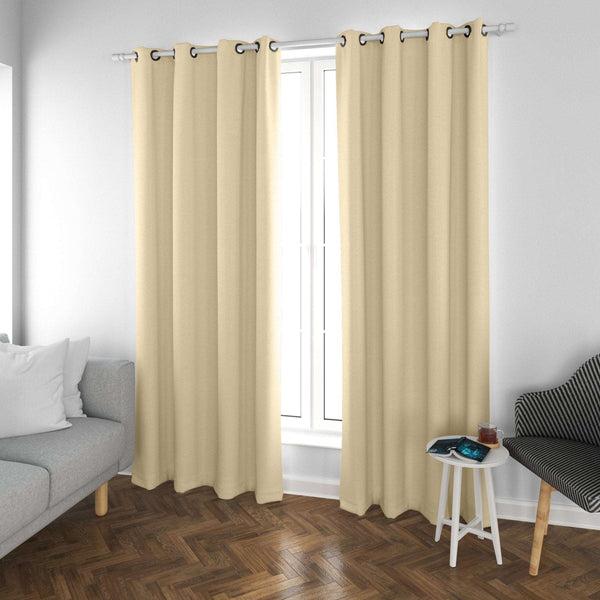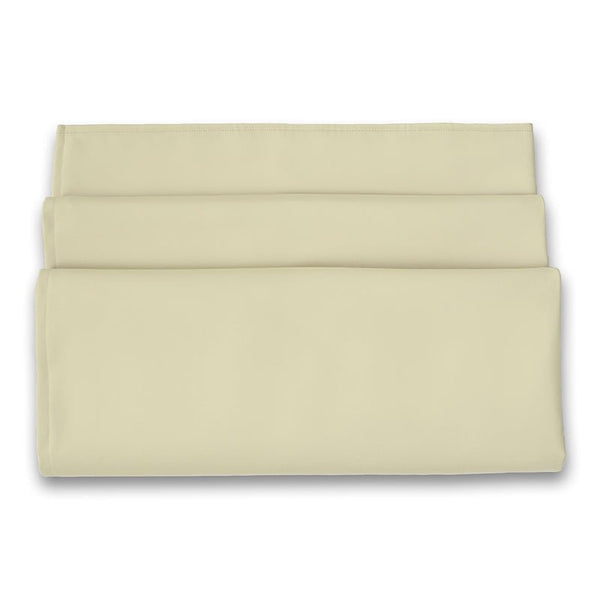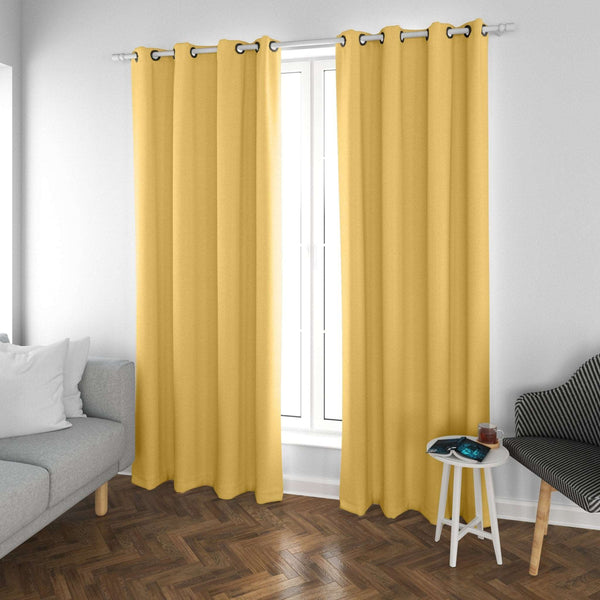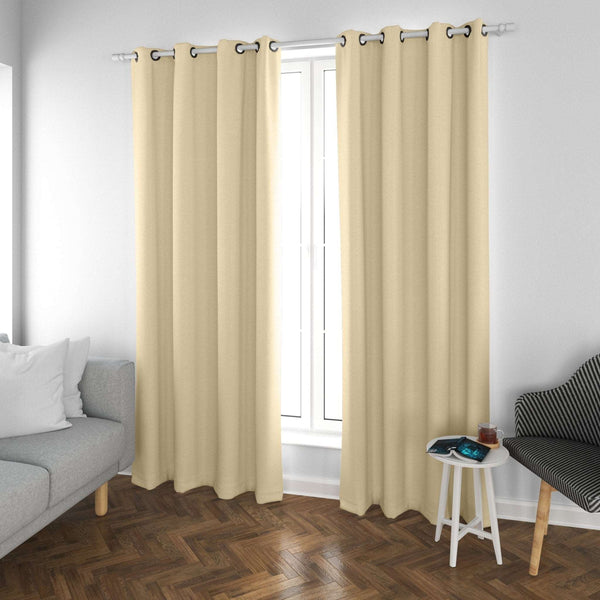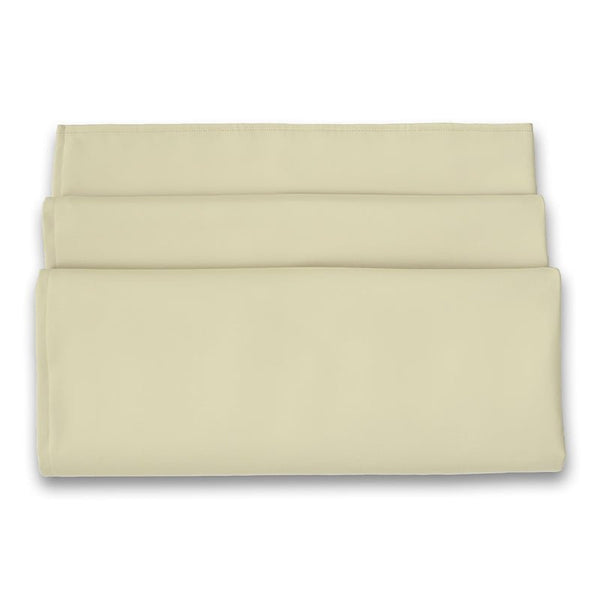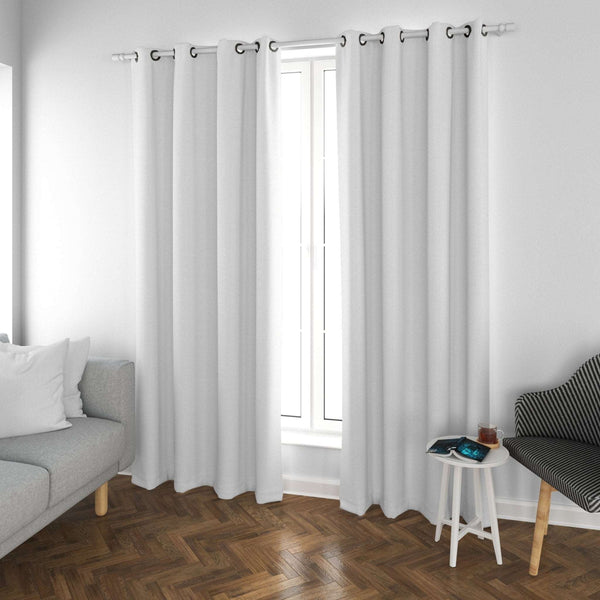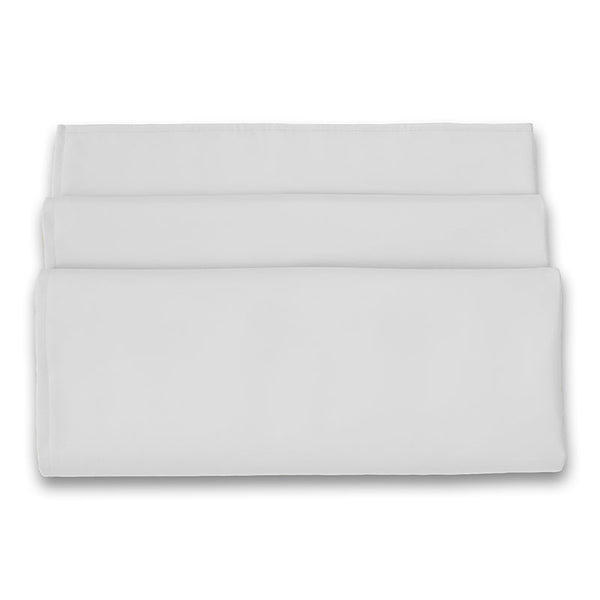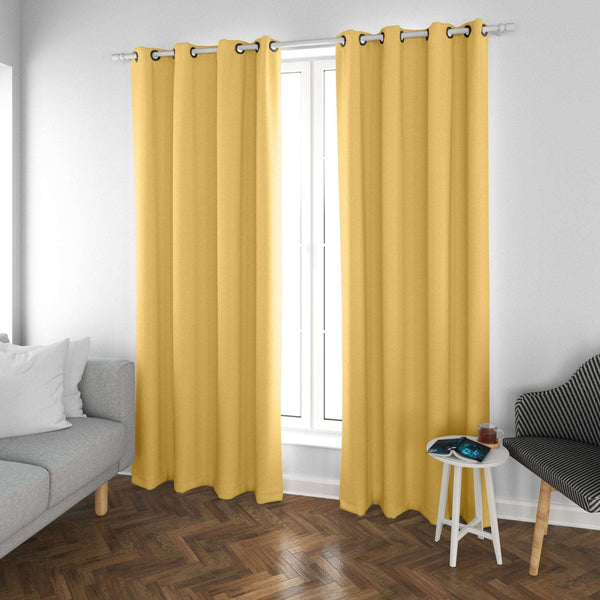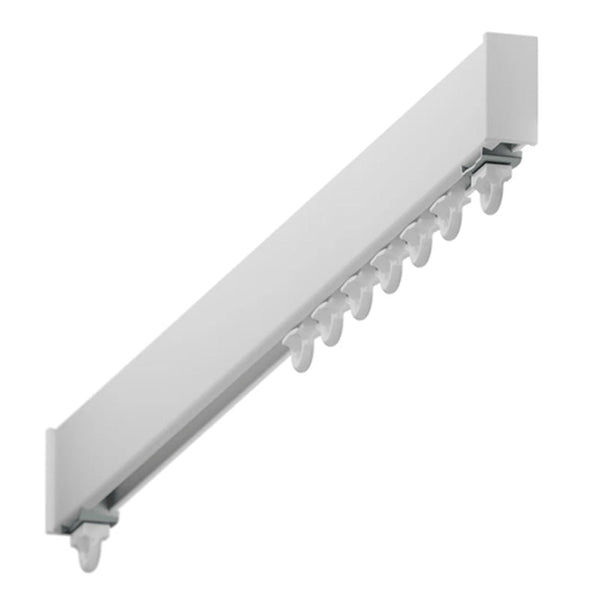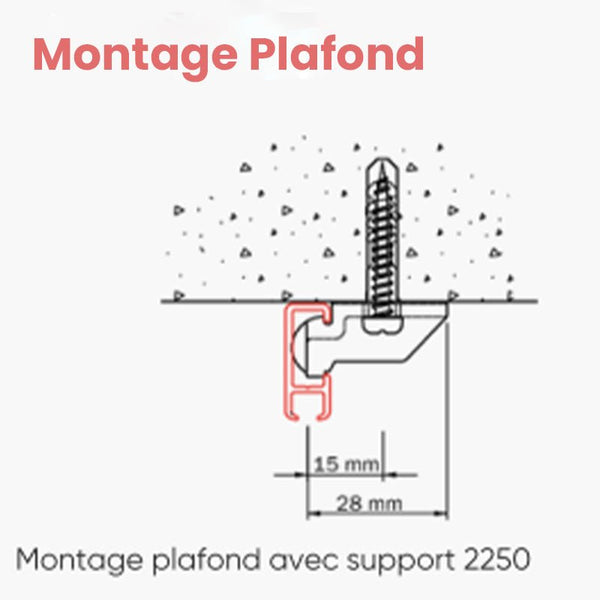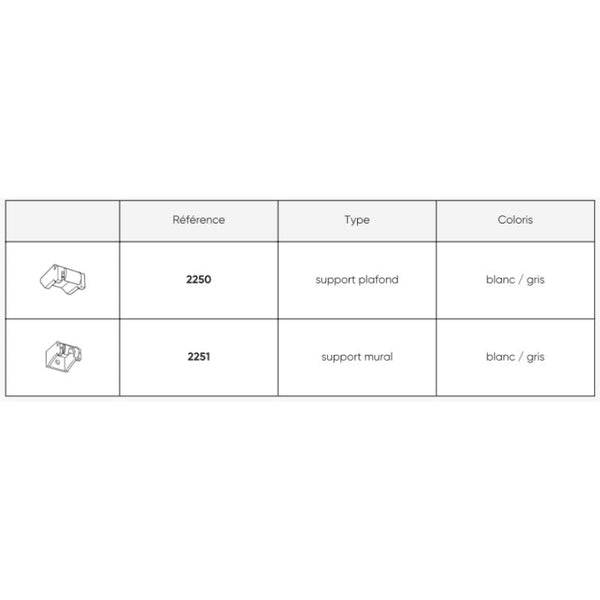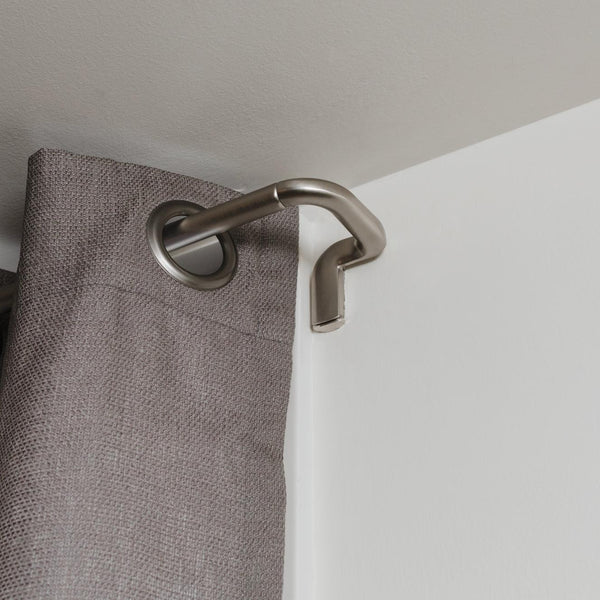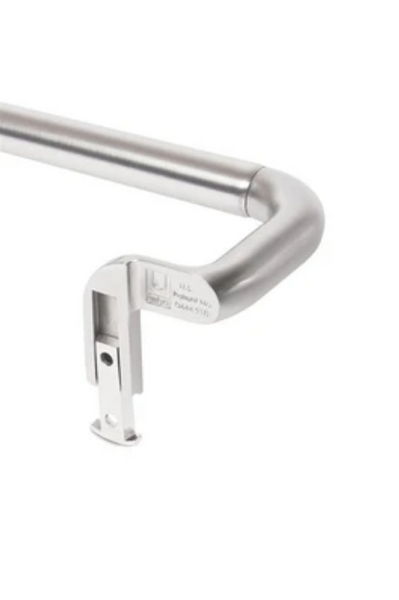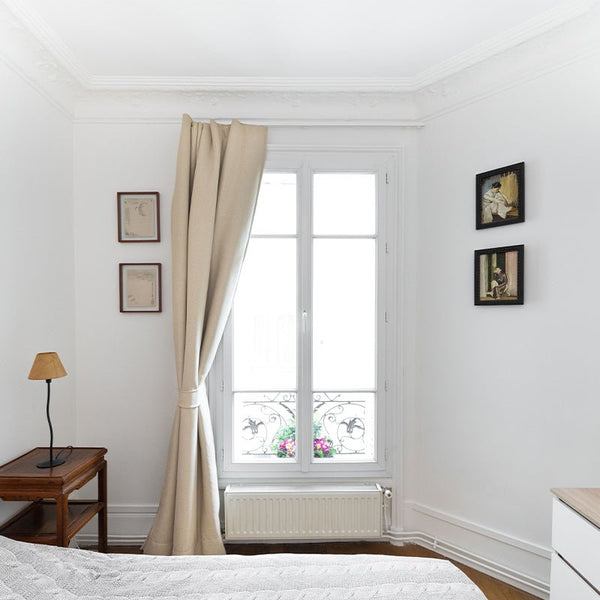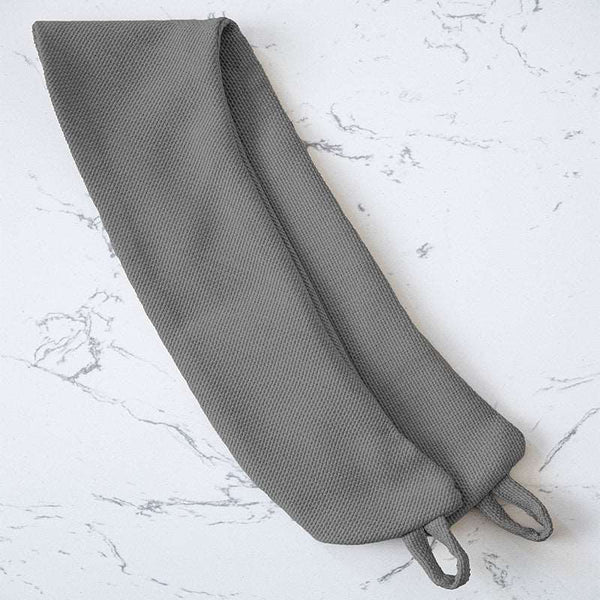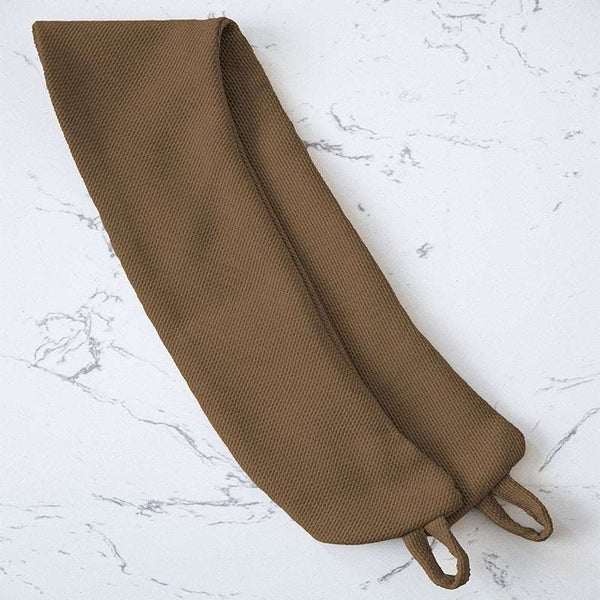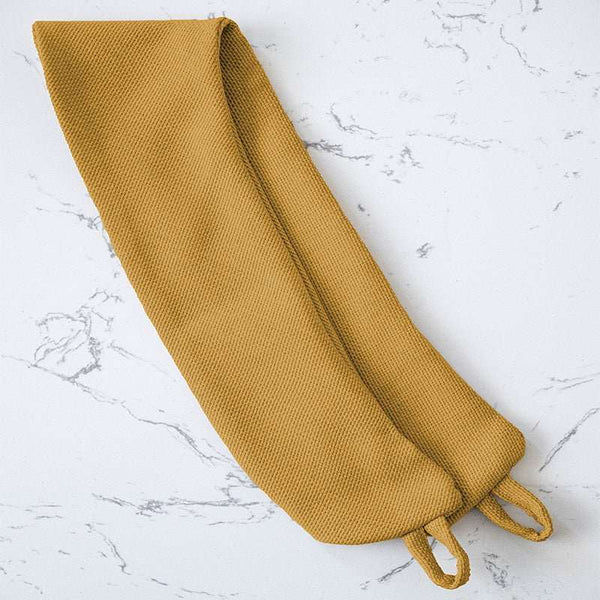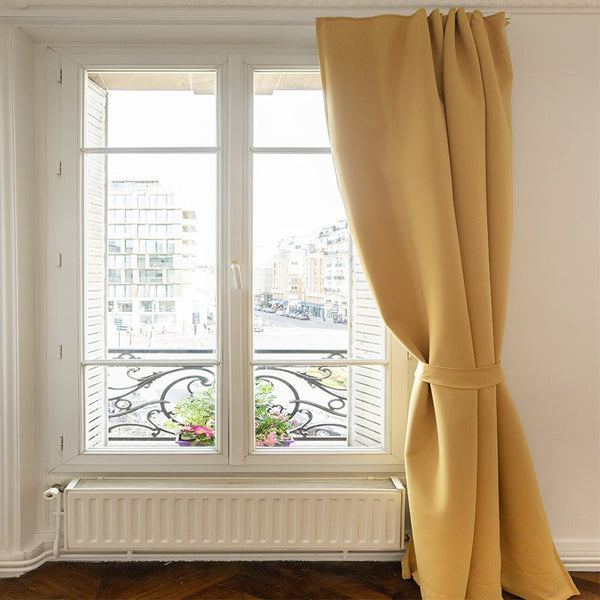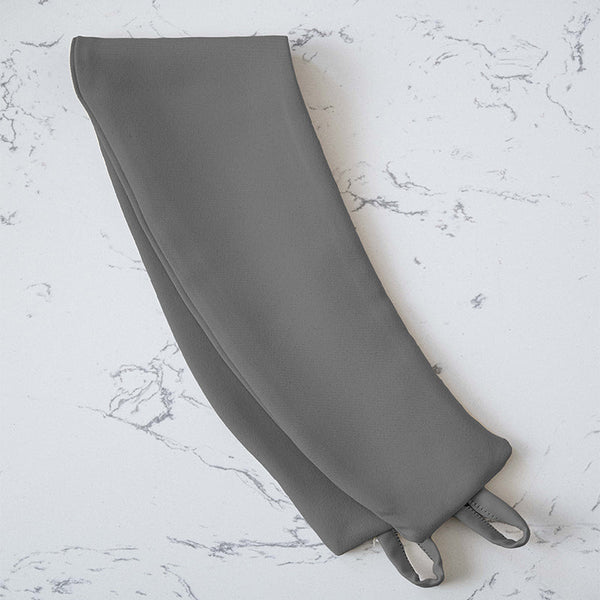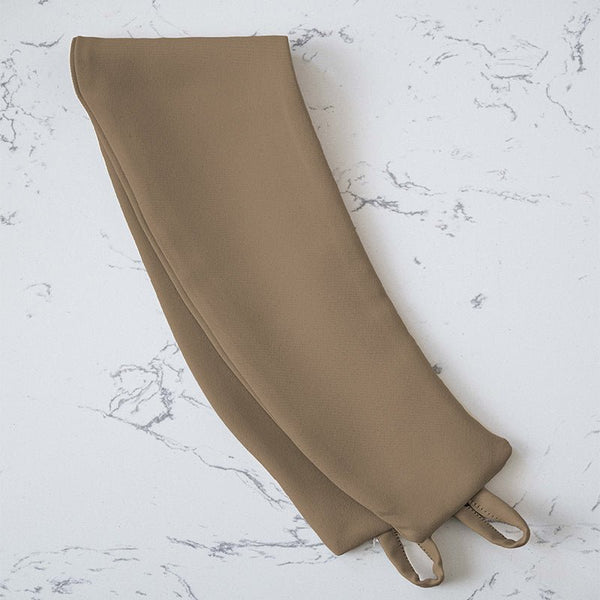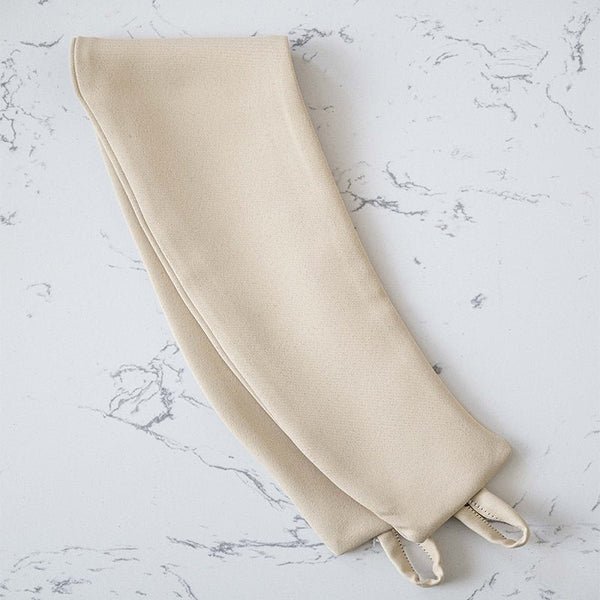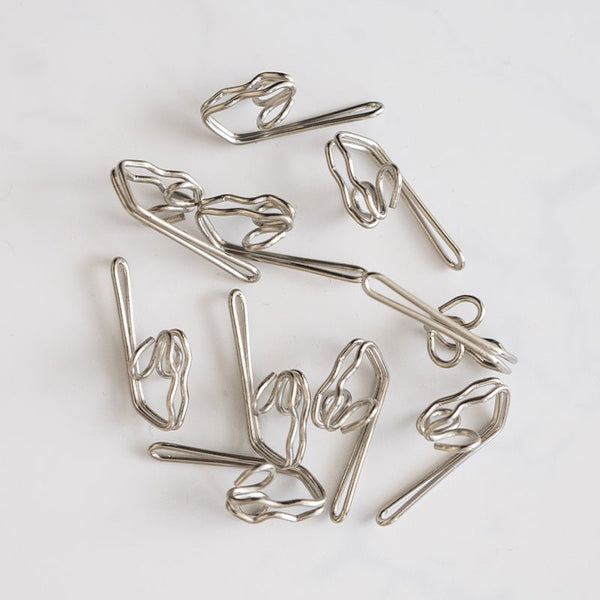Thanks to its special design, the thermal curtain plays a crucial role in regulating indoor temperature. It reduces heat loss and blocks draughts, creating a warm atmosphere in the home. This accessory is the ideal solution for reducing the need for air conditioning and heating. It also offers significant energy savings. The question then arises: how do you choose a thermal curtain? Follow our advice in this guide.
What is a thermal curtain? Definition and operation
Structure and composition of a thermal curtain
Thermal curtains have insulating properties to combat cold and draughts. It's an essential ally in reducing energy bills. Thermal curtains are lined with warm materials such as PET, PVC, wool or polyester. It provides aesthetic interior protection.
How does it help keep warm in winter and cool in summer?
Thermal curtains can block out the cold of winter and the extreme heat of summer, thanks to their thermal lining. This lining limits heat loss and prevents draughts through windows. To take full advantage of these benefits, it's advisable to choose the best anti-cold thermal curtain. Call on a specialist to design a customized model to suit your needs and tastes.
The different types of thermal curtains available on the market
Wondering how to choose a thermal curtain? Here are the different models available on the market.
Thermal blackout, semi-blackout and insulating curtains
The following models are available:
- the thermal blackout curtain: made from a thick fabric, it is designed to block outside light and preserve privacy;
- the semi-occulting curtain: this contributes to insulation by slowing down the cold coming from outside;
- insulating curtain: this is a technical curtain designed to protect against both cold and noise.
Comparing performance according to home needs
Each thermal curtain has unique performance characteristics. First, the blackout curtain is very dense and thick. It has the particularity of limiting temperature variations. In addition, it prevents glare on screens, as it is particularly effective at blocking the sun's rays. As for the semi-blackout curtain, it is slightly less dense than the blackout curtain, but promotes good thermal insulation inside a home. Note that it does not completely block out daylight. Finally, the insulating curtain preserves the heat or cold inside, which saves energy. It allows a small amount of sunlight to penetrate.
Essential criteria for choosing the right thermal curtain
In practice, how do you choose a thermal curtain? Discover the key factors to consider.
Thickness, lining and materials
When selecting a thermal curtain, consider the following criteria:
- Thickness : as a general rule, the thicker the curtain, the more effective it is. To assess thickness, look at the weight. For rooms requiring maximum insulation, the weight should be at least 200 g/m2 ;
- the lining: this can be made from a variety of materials, such as fleece or cotton, to meet different needs. For example, a lining can be darkening and offer optimum sound comfort;
- Materials: the best materials on the market include polyester and velvet. However, for superior insulation, choose curtains lined with wool or fleece.
Thermal resistance and insulating capacity: how to assess efficiency?
Thermal resistance refers to a material's ability to resist temperature variations. It is expressed by the R value. The higher the R-value, the more insulating the material. Find out more before making your choice. You can also test the effectiveness of thermal curtains by comparing the temperature in a room when they are closed and when they are open. You can also use a thermal camera to assess temperature differences at openings (doors and windows).
Aesthetics and functionality: combining style and thermal performance
Finally, how do you choose a thermal curtain? Follow our advice to combine design and thermal performance.
Choice of colors, patterns and finishes to suit the interior
The visual aspect of a thermal curtain should not be overlooked. Although its main purpose is to reinforce thermal insulation, it must also match the style of the interior design. Note that thermal curtains come in a wide variety of colors, patterns and finishes. Whether you prefer plain or textured curtains, you're sure to find what you need from a specialist. If your walls are white, you can choose almost any curtain pattern. If, on the other hand, they're a different color, your choices will be more limited. For example, if your walls are navy blue, a complementary color like mustard yellow will be perfectly suited.
Tips for harmonizing insulation and decoration in every room
Here are a few tips for harmonizing insulation and decoration in every room of the house.
In the bedroom
Choose blackout curtains in the bedroom, as they block out light and ensure quality sleep. Choose pastel colors to create a feeling of calm and serenity. If you want to add a touch of originality to the room, install patterned curtains. However, make sure they match the rest of the decor.
In the living room
Opt for curtains whose patterns and colors complement walls, floors and other decorative accessories. You can also add details such as tiebacks and metal eyelets. For added practicality, decorative sheer curtains can be combined with heavy curtains. Light curtains are ideal for daytime, while heavy curtains are perfect for nighttime.
For high-quality thermal curtains, trust Nokomis.
Want to save energy while optimizing your thermal comfort? Invest in a high-quality blackout curtain or insulating curtain. At Nokomis, you'll find a wide selection of high-quality models. They come in a variety of styles, colors, and sizes. We offer custom designs to suit all tastes. So trust our expertise to dress up your windows and bay windows.
